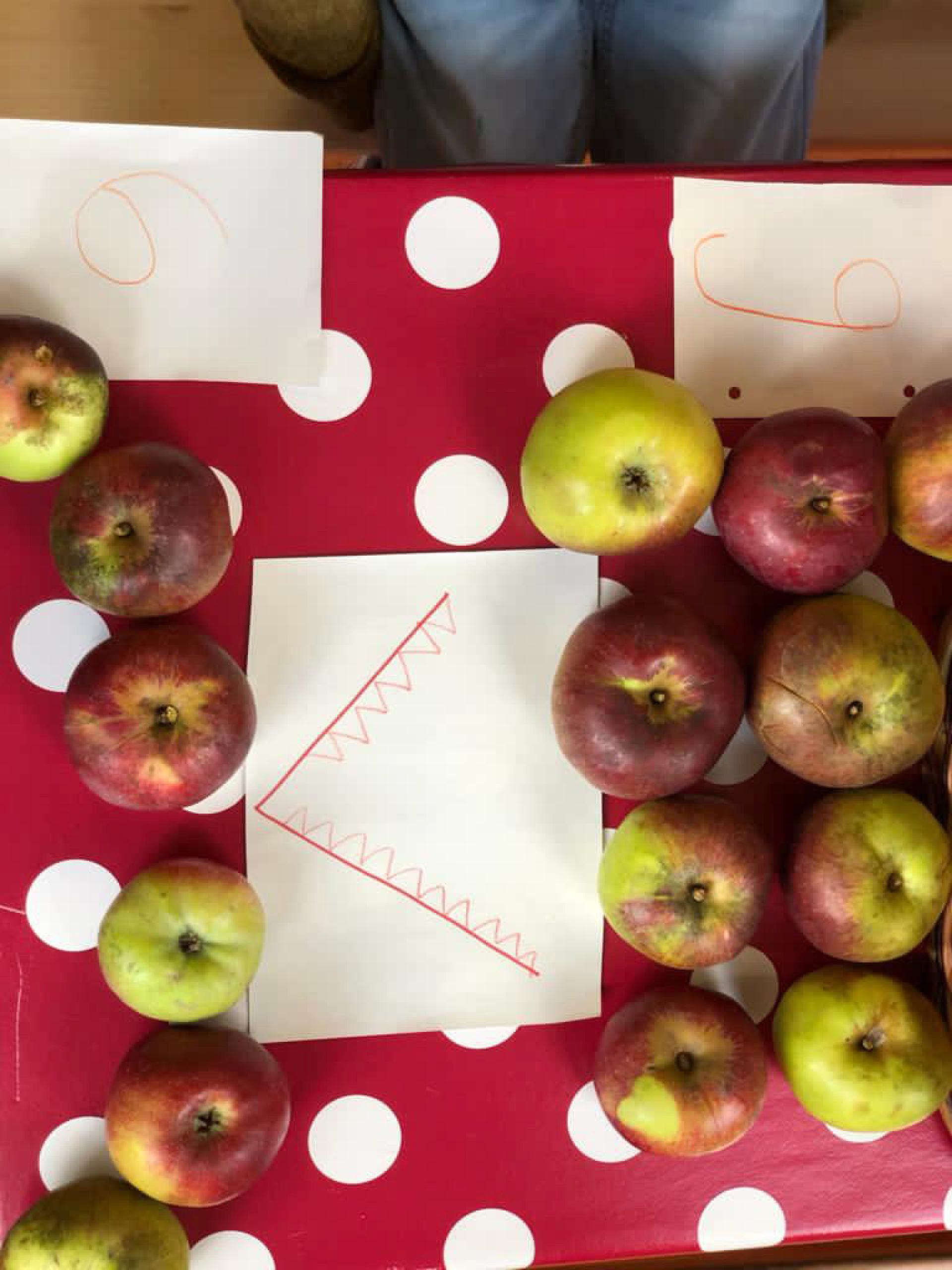Performance Education
The basis of successful performance education is a positive teacher-student relationship.
In discussions with the child, we formulate individual performance expectations: What can you already do? What are your goals? What would you like to learn (even better)? Where do you need help?
The children are encouraged and supported to face new challenges and overcome difficulties. This helps them to develop a love of learning, frustration tolerance and self-confidence.
Gradually, a culture of error is built up that uses mistakes as an important aid to learning.
Here too, the children themselves play a decisive role in identifying mistakes and reflecting on their own work.
Current work, progress, but also questions or further learning steps are noted in the individual learning diaries.
Small tests and learning objective checks after reaching certain learning levels give the child feedback on the skills they have acquired.
They also form the basis for further individual learning advice from the teacher.
The assessment of performance on the report cards is based on the assessment of all work completed at school and on the child's learning and working behavior.
From time to time, the teacher discusses the child's performance development with the child so that self-assessment and external assessment match. Parents are regularly informed about the child's learning and performance development and support at school.
In discussions with the child, we formulate individual performance expectations: What can you already do? What are your goals? What would you like to learn (even better)? Where do you need help?
The children are encouraged and supported to face new challenges and overcome difficulties. This helps them to develop a love of learning, frustration tolerance and self-confidence.
Gradually, a culture of error is built up that uses mistakes as an important aid to learning.
Here too, the children themselves play a decisive role in identifying mistakes and reflecting on their own work.
Current work, progress, but also questions or further learning steps are noted in the individual learning diaries.
Small tests and learning objective checks after reaching certain learning levels give the child feedback on the skills they have acquired.
They also form the basis for further individual learning advice from the teacher.
The assessment of performance on the report cards is based on the assessment of all work completed at school and on the child's learning and working behavior.
From time to time, the teacher discusses the child's performance development with the child so that self-assessment and external assessment match. Parents are regularly informed about the child's learning and performance development and support at school.

